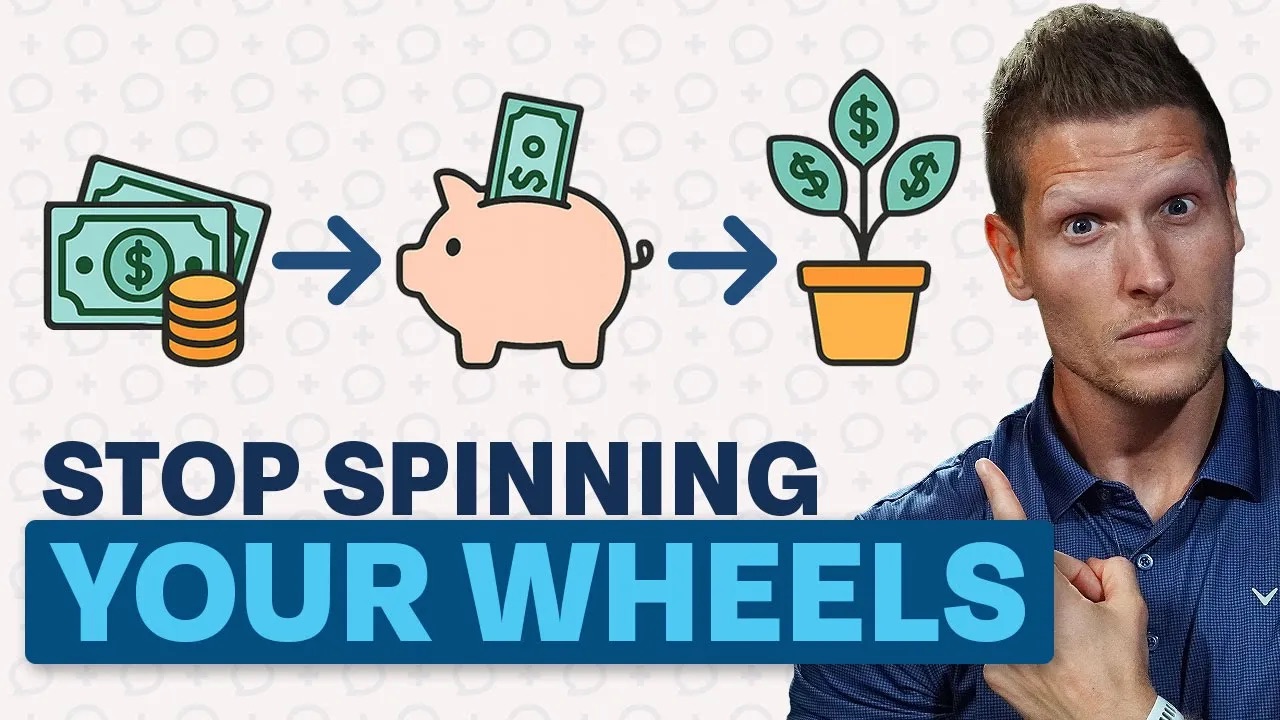
The SECURE Act was recently signed into law by President Trump in December. The biggest change in the SECURE Act is the treatment of inherited retirement accounts. They must now be fully distributed (or emptied) by the end of the 10th year following the year of inheritance. There were many other changes in the SECURE Act as well, some small and some big.
Major changes in the SECURE Act
- Inherited IRAs must now be emptied by the end of the 10th year following the year of inheritance; previously, the distributions could be spread across the life of the beneficiary.
- There are some exceptions (if you are an “Eligible Designated Beneficiary”); spouses, disabled, chronically ill, those who are not more than 10 years younger than the decedent, and minor children of the original owner (until they reach the age of majority) may be eligible for exceptions.
- The 70.5 begin date for Required Minimum Distributions (RMDs) is now 72.
- This is a beneficial change for those who have not started taking RMDs yet; if you turned 70.5 last year and began taking them, you are grandfathered in and can’t go back to not taking RMDs.
Minor changes in the SECURE Act
- You may qualify for a $5,000 penalty-free (but not tax-free) distribution for a qualified birth or adoption.
- Small businesses that are establishing a retirement plan (this does not apply to small businesses that already have a retirement plan) may qualify for a credit of $500 or $250 per employee, max of $5,000 tax credit.
- Businesses that adopt an auto-enroll provision for their qualified retirement plans may be eligible for a tax credit.
- There’s a provision in the SECURE Act that will make it easier and more economical for small businesses to offer retirement plans through pooled retirement plan providers. Formerly, Multiple Employers Plans (MEPs) were only for businesses with a prior relationship, like being owned by the same person. This provision in the SECURE Act gets rid of that restriction.
- Taxable amounts paid to students in graduate or postdoctoral studies will now count as compensation. This means that these students can now contribute funds received from fellowships, stipends, and more can now be contributed to an IRA.
- Money borrowed from employer-sponsored retirement plans can no longer be distributed through credit cards or similar vehicles without counting as a taxable distribution.
- The Tax Cuts and Jobs Act Kiddie Tax has been retroactively repealed to the former rate. A portion of a child or young adult’s income may have been taxed at the trusts and estates tax rate. Now things are back to the way they were, and amounts subject to the Kiddie Tax is taxed at the parent’s marginal federal income tax rate.
- 529 plan distributions can now be used for eligible apprenticeship costs (up to $10,000) and to make up to $10,000 in student loan payments.
The SECURE Act has many small positive changes (although most of them won’t affect many people) and one major negative change. The SECURE Act has been on our minds all week; if you’re thirsty for more SECURE Act content, we just did a full episode about all of the changes in the Act, how it will affect your retirement, and even a look at the numbers to see how much your beneficiaries could lose. Watch it now on YouTube below.













